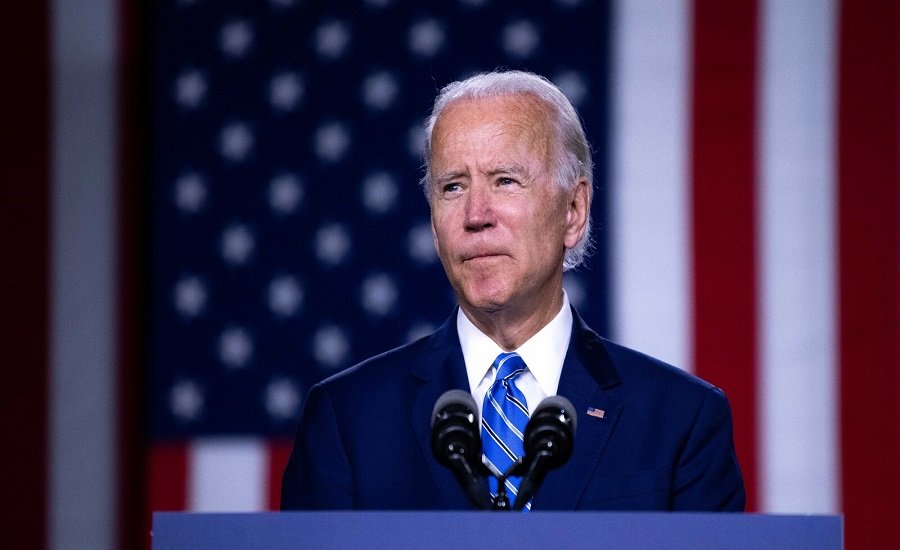The battleground states are important because neither the state has a lock on them and they can also swing either way with a small number of votes deciding the final result of the presidential election, which is finally determined by electors and not the popular votes
NEW YORK- The Indians for Biden National Council (IBNC) is ramping up its outreach to the community, aiming for votes in the key swing states where small vote margins count, by adding several legislators and other leaders to its advisory board, the organisation’s National Director Sanjeev Joshipura announced on Friday.
“Indian American leaders from different political and advocacy areas have joined the Indians for Biden National Council to help expand the Council’s reach in various Indian American communities in battleground states across America,” the IBNC said.
The battleground states are important because neither the state has a lock on them and they can also swing either way with a small number of votes deciding the final result of the presidential election, which is finally determined by electors and not the popular votes.
The advisory board includes Nisha Biswal, who was the Assistant Secretary of State for South Asia in the administration of President Barack Obama, and is now the President of the US-India Business Council and Senior Vice-President for South Asia at the US Chamber of Commerce.
House of Representatives member Raja Krishnamoorthi is also a member of the board.
Displaying the broad sweep of emerging Indian American politicians, the board includes seven state legislators from across the country and activists.
“The participation of respected political and policy figures on our advisory board emphasises the importance of Indian Americans as a voting block, especially in the swing states. We are delighted and inspired by our advisory board’s enthusiasm to help the Biden-Harris ticket win in November,” Joshipura said.
Biswal said, “Joe Biden and Kamala Harris are absolutely the right people to lead this country during these trying times. Moreover, from Biden’s long record in public service, and based on the campaign’s publicly released agenda for the Indian American community, I know that a Biden-Harris administration will do a great job in further strengthening US-India ties.”
The IBNC operates under the umbrella of South Asians of Biden, which also has separate councils for Pakistani Americans and other ethnicities.
Support for Democratic candidate Biden among Indian Americans appears to have fallen by 11 per cent compared to the voting for Hillary Clinton in the 2016 elections.
While she received 77 per cent of votes from Indian Americans, the 2020 Asian American Voter Survey (AAVS) released this week found Biden getting only the support of 66 per cent.
President Donald Trump’s support, meanwhile, has increased by 12 per cent in the court years to 28 per cent.
Biden gave the push for Indian American votes with a digital address to the community on August 15, recalling his leadership for getting the India-US nuclear deal through the Congress and assuring them by saying “as President, I’ll also continue to rely on Indian American diaspora. It keeps our two nations together.”
The US Presidential polls are indirect elections with members of the electoral college distributed along state lines making the final selection. Although Hillary Clinton won 2.8 million votes, she lost the 2016 elections because Trump received 77 more votes than her in the electoral college.
This has made Indian American voters in the swing states important for the outcome of the elections as they could contribute to the slim margins that determine the outcome.
-IANS

